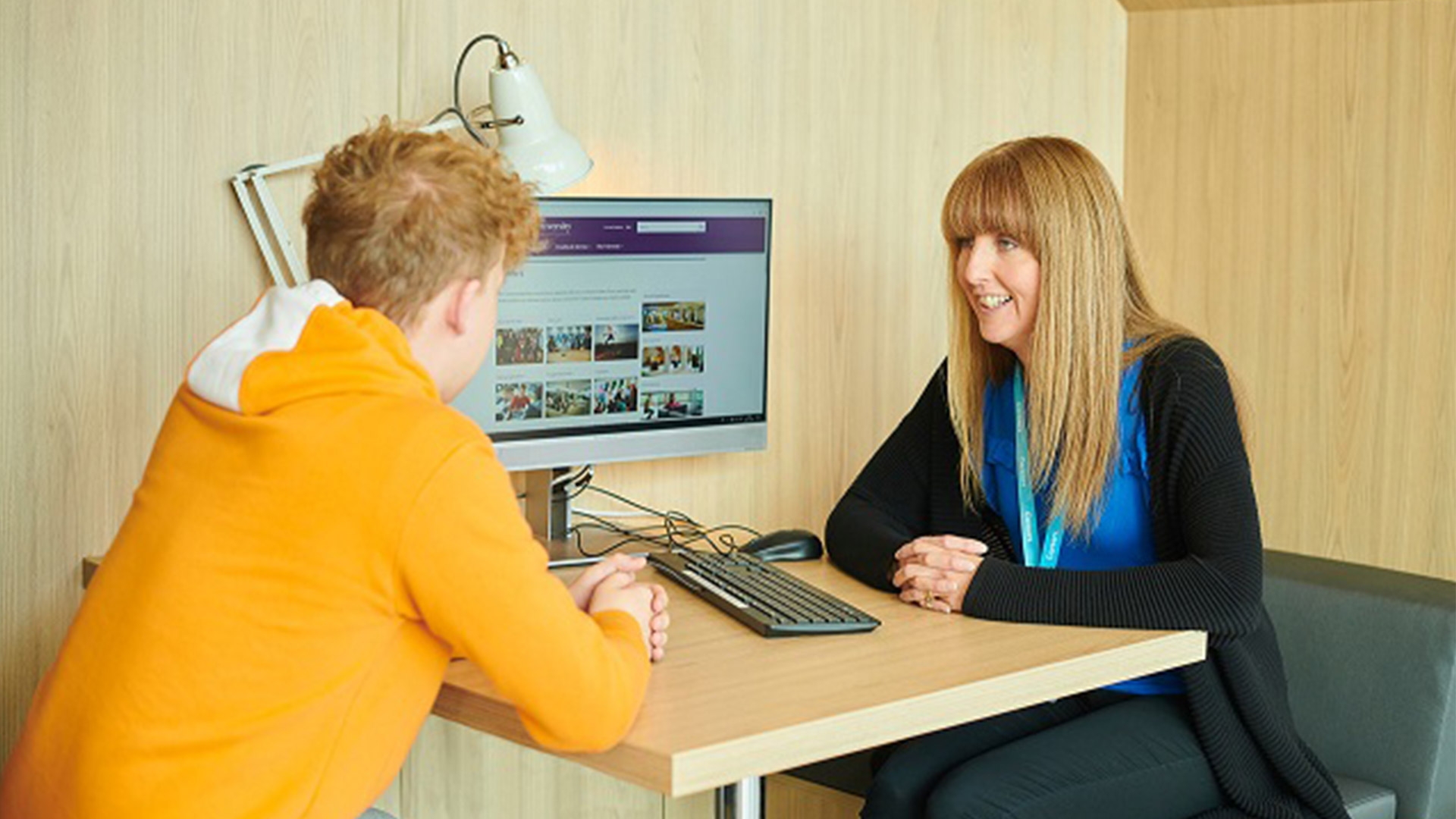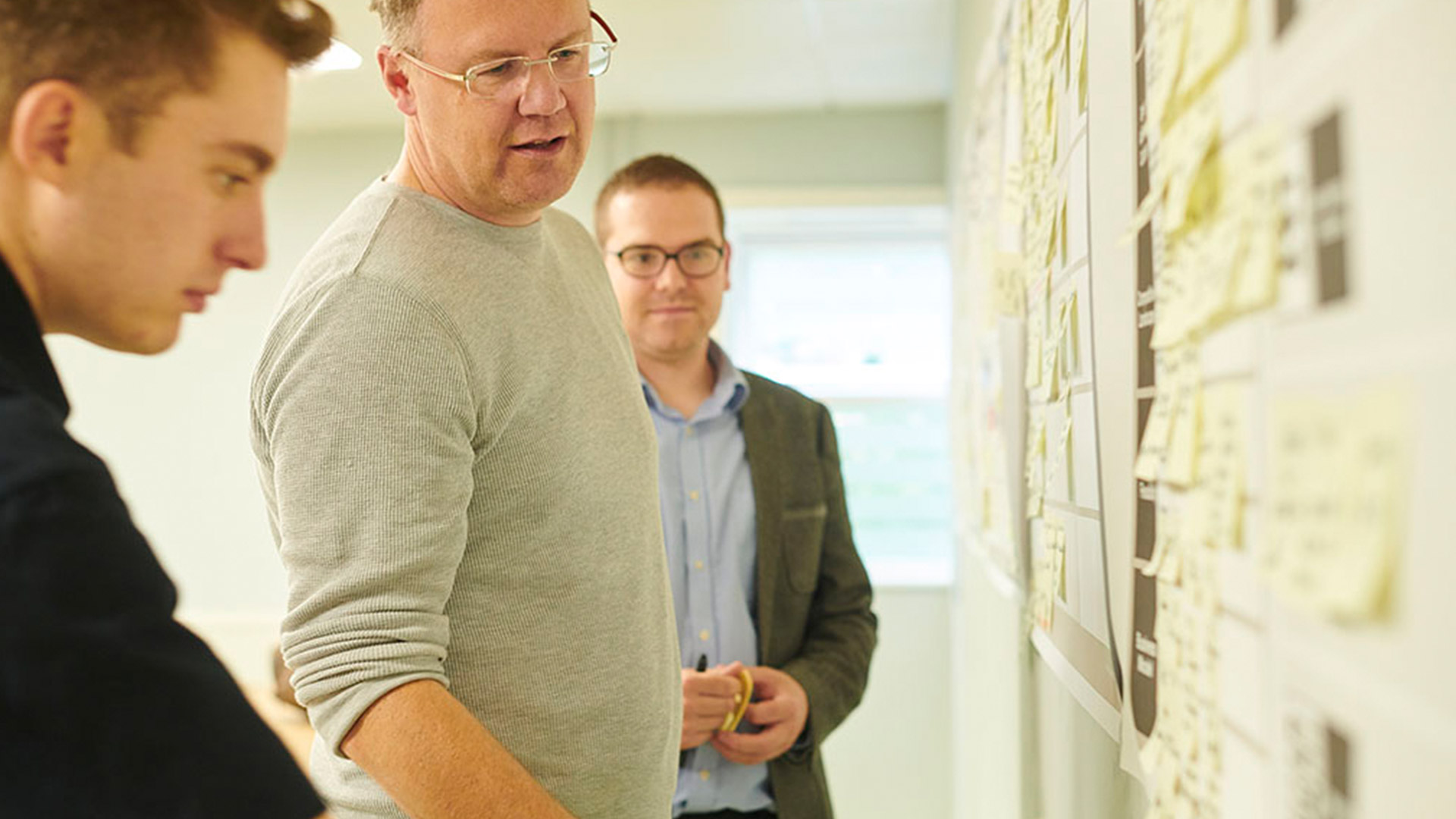Making applications
Getting a graduate job can be a complex process involving several different stages, each stage requires preparation and to be successful you need to demonstrate to an employer that you have the skills, knowledge and experience they require.
What do employers look for?
Different jobs will require specific competencies or skills, but there are some skills which are required by almost all jobs.
Take time to explore the different skills employers value by looking at job descriptions and person specifications to see what employers are looking for. How confident are you in these skills? Most students will already have developed these skills before coming to University, but taking part in work experience or placements, part-time jobs, student societies, sports teams or volunteering is an excellent way of practising them and gaining the real examples that employers are looking for.
When you need to create a CV or write an application or personal statement, you can use the Graduate Attributes to help structure your skills profile. You might also want to reflect on how to identify your skills and abilities in order to create a strong application.
Employers tell us they value experience very highly. Make sure your CV and application stands out from the crowd by containing as much relevant experience as you can fit in. Tailor your application to address the criteria in the job advert and person specification the employer has written. Explore more top tips to help you write a successful job application.
How to apply for a job
Graduate attributes: 2024-2025 academic year
Edge Hill has agreed a set of graduate attributes that each student will develop during their studies. These were updated in summer 2024. The following list is current to the end of the 2024-25 academic year and can be viewed below or further detail is included in the Graduates attributes glossary infographic.
Core skills
Conceptualising skills
People related skills
Personal attributes
You can reflect on your evidence for these attributes using PebblePad. Your Personal Tutor will ask you about your confidence in these attributes during your meetings with them. The Graduate Attributes are also embedded into the curriculum of your degree programme.
Graduate attributes: 2025-2026 academic year onwards
Support for students reflecting on their graduate attributes is being migrated from PebblePad to Target Connect. During this period, any student who has already started to reflect on their graduate attributes in PebblePad will continue to do so.
Any students who are new to reflecting on their graduate attributes will be supported in this by using Target Connect. Clicking on each box below will take you to the associated pathway to develop and reflect on this skill.
Workshops and events
Throughout the academic year, the Careers team organise a variety of workshops and events which are open to both current students and our recent graduates. These include careers fairs, CV workshops, graduate masterclasses, information sessions, employer presentations and much more.
Have a look at our events pages to find out what is coming up and book your place.
Upcoming careers eventsFor sessions that aren’t delivered using MS Teams, you can access live captions during sessions by installing Caption.Ed on your device. To request your free Caption.Ed account, email inclusiont[email protected]. If you have other learning requirements which may not be met solely by captioning, please do get in touch with the Inclusion Team.



